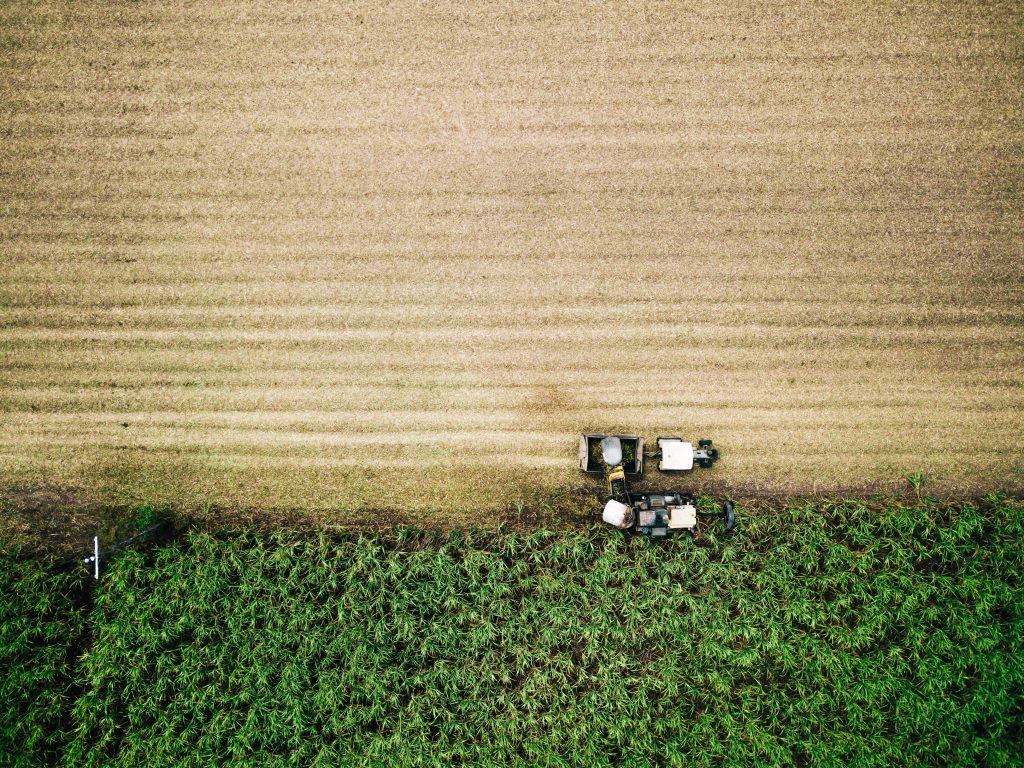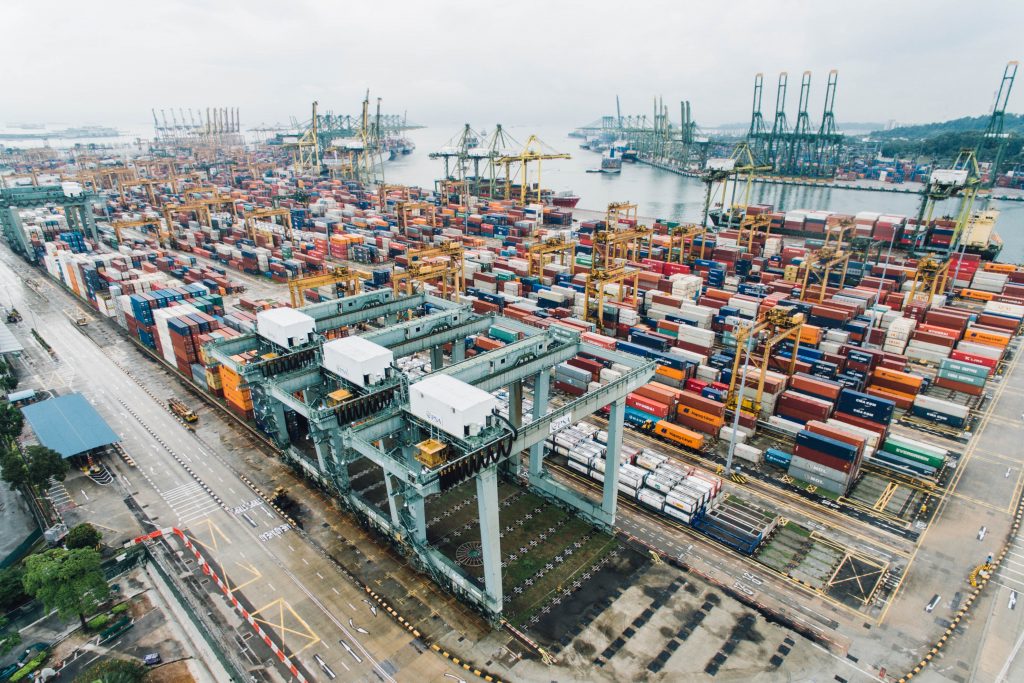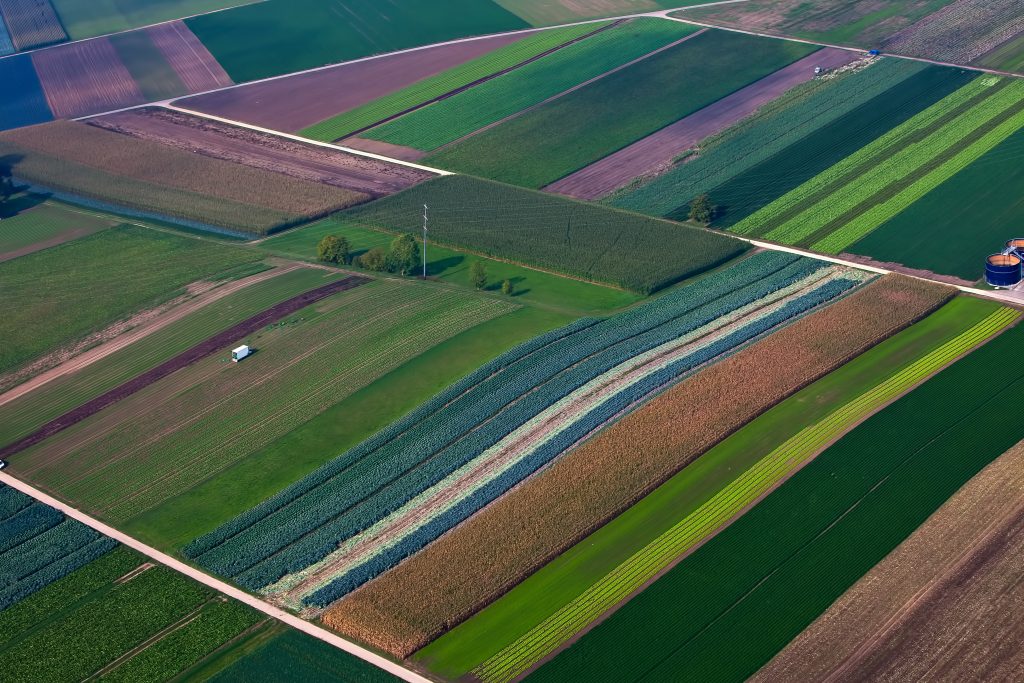We can strengthen the global food system: Here is how
The Global Food System is subject to a wide variety of influences, constraints, and potential shocks with resulting effects that are sudden and of global extent.
The world recently has experienced large-scale collapse of bread-basket food sources, multiple areas of humanitarian crises, price spikes causing rapid destabilization of national governments, and, with the COVID-19 pandemic, global food supply chain disruptions and food shortages throughout the world.
Despite the current COVID-19 turbulence, we can get through this together. Here is how:

First, to assuredly meet the needs of all people, we must limit the occurrence and severity of disruptions to the global food system. Important vulnerability drivers include public and private food policies, financial shocks, physical disruption of imports, disease dynamics, hydrometeorological events, corruption, conflict, actual/threatened contamination, and non-tariff barriers to trade.

Second, we must mobilize a coalition skilled in understanding how new technologies transform how nations and industry sectors can collaborate on important issues — to include strengthening the Global Food System against cascading shocks. Recent developments make this objective reachable. Different aspects of global food — including food for humans, animals, nutrients, agricultural production products, and associated supply chain systems — are all becoming digital, allowing sufficient real-time data collection to identify problems early and to guide appropriate responses.

Third, we must recognize that new technologies are probably only 20% of the solutions here. Fielding them in a manner that involves novel solutions such as “Data Trusts for Good” and other mechanisms that span sectors and nations while still benefiting individual organizations and communities represents the important other 80% of the necessary work that must be done. When fielding these solutions, governance activities that benefit the public, trade, and nations alike must also be included. Improved policies and practices that limit the effects of shocks to production, trade, and logistics are known. New agricultural technologies can enable new practices that both lessen the potential for cascading failures in the global food system and also produce savings to enable their adoption.
Ultimately, the world needs indicators, warnings, and plans that reflect global food system vulnerabilities.
These indicators, warnings, and plans should include food for humans, food for animals, and nutrients and other products associated with agricultural production globally. National governments (defense, economic, commerce, agricultural, and diplomatic departments), agricultural industries, and humanitarian organizations all have primary roles in ensuring that global food system vulnerabilities do not weaken societal welfare, prosperity, and peace around the world.
Looking toward the future ahead, the only way for open societies to navigate through the current pandemic is by mobilizing both private sector and public sector leaders to work together on the long-term recovery. Here at the Atlantic Council GeoTech Center, we seek to embody a similar “learn by doing, adapting, and leading” model with the hope that leaders from all sectors and all nations, regardless of politics, will do the same to benefit people, prosperity, and peace to ensure as a world we turn things around from this current mess that we collectively now confront.
Onwards and upwards together.
New technologies and data are tools. It is upon the choices we make, both as individuals and as communities, that ensure that they are used as a force for good in the world.

The GeoTech Center champions positive paths forward that societies can pursue to ensure new technologies and data empower people, prosperity, and peace.